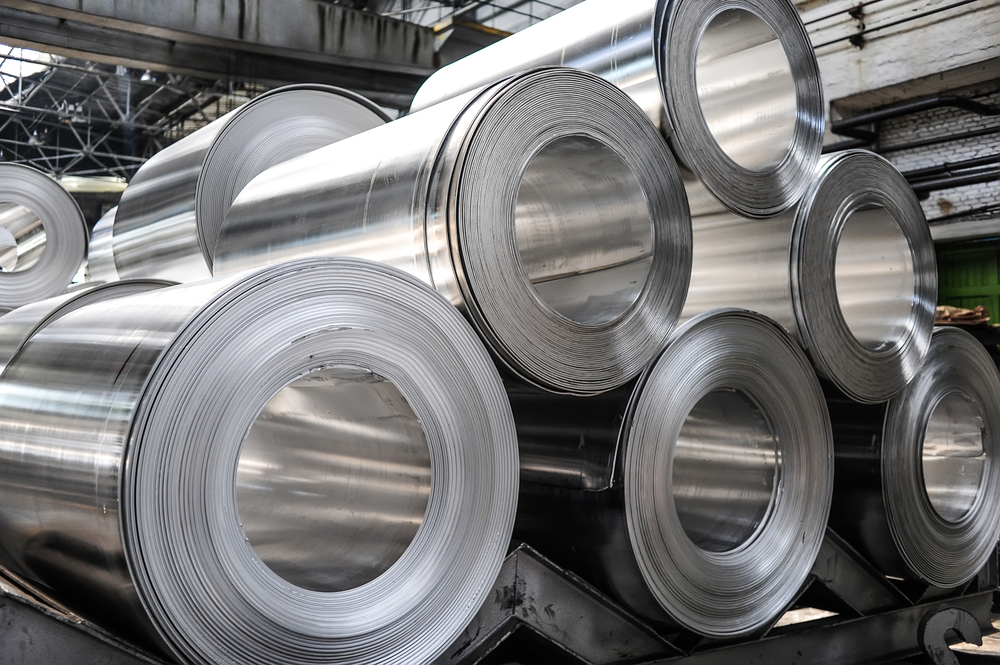Canada asks for ‘patience’ in aluminum spat with US

Canada said the US should be patient about determining whether to reimpose aluminum tariffs on imports, but says the country will retaliate if the US pulls the trigger.
At the heart of the tariff debate is the question of whether Canadian raw-aluminum imports have surged since tariffs were lifted in May 2019, contravening recent trade agreements.
Canadian Ambassador Kirsten Hillman said there has been an increase in the production of unalloyed, or raw, aluminum as producers have been forced to shift from value-added products amid a drop in demand during the pandemic.
Alcoa has shifted 20% of value-added output to raw aluminum production because value-added products can’t be stored as easily as the raw materials
As the auto industry and other manufacturing sectors come back online, demand will shift back to more value-added aluminum, Hillman said. She said the situation will rectify itself in the coming months.
“Let’s take a little time to see how this settles out and make sure that this trade is following the normal patterns that one would expect in a time like this,” Hillman said Wednesday in a telephone interview.
“If tariffs are imposed we’ll have very few options other than to respond with duties on US imports. There’s no decision yet on how we would respond.”
Wrong direction
US officials and executives have been at odds about how to proceed. Trade Representative Robert Lighthizer and some US producers have complained that raw aluminum imports from Canada have jumped.
The US Aluminum Association, which represents Alcoa, Rio Tinto Group and dozens of other aluminum-parts makers, said imports are consistent with levels prior to the implementation of the Trump administration’s Section 232 tariffs.
Hillman said Canadian officials have heard the US was considering reimposing a 10% tariff on unalloyed aluminum from Canada, as Bloomberg News reported last month.
Alcoa told investors in April that it has shifted 20% of value-added output to raw aluminum production because value-added products can’t be stored as easily as the raw materials. Many other producers around the globe are doing this to prevent having to shut down smelter capacity, which is costly.
Tariffs are the wrong move during an economic downturn, Hillman said, especially now that the United States-Mexico-Canada Agreement has been brought into force.
“The very last thing the US manufacturing sector needs as it’s seeking to recover from this economic downturn is additional taxes on manufacturing imports,” Hillman said. “It’s going in the wrong direction.”
(By Joe Deaux)
More News
{{ commodity.name }}
{{ post.title }}
{{ post.date }}




Comments